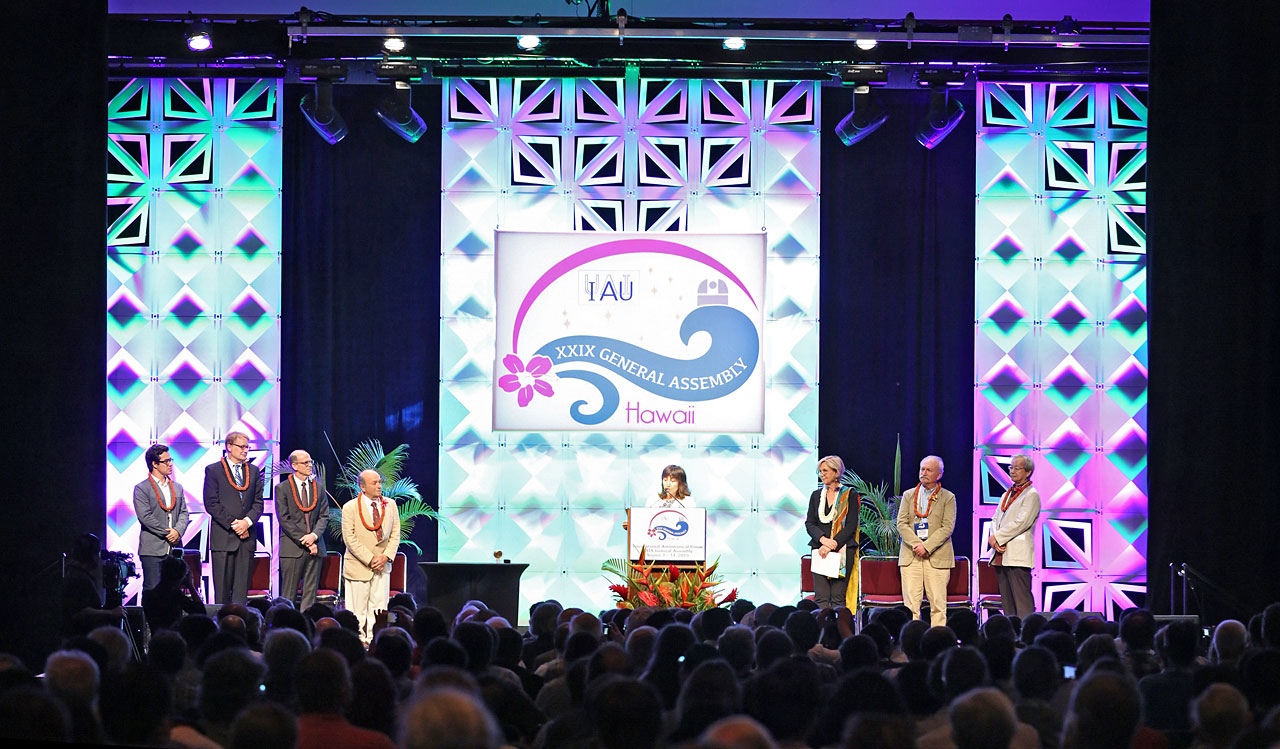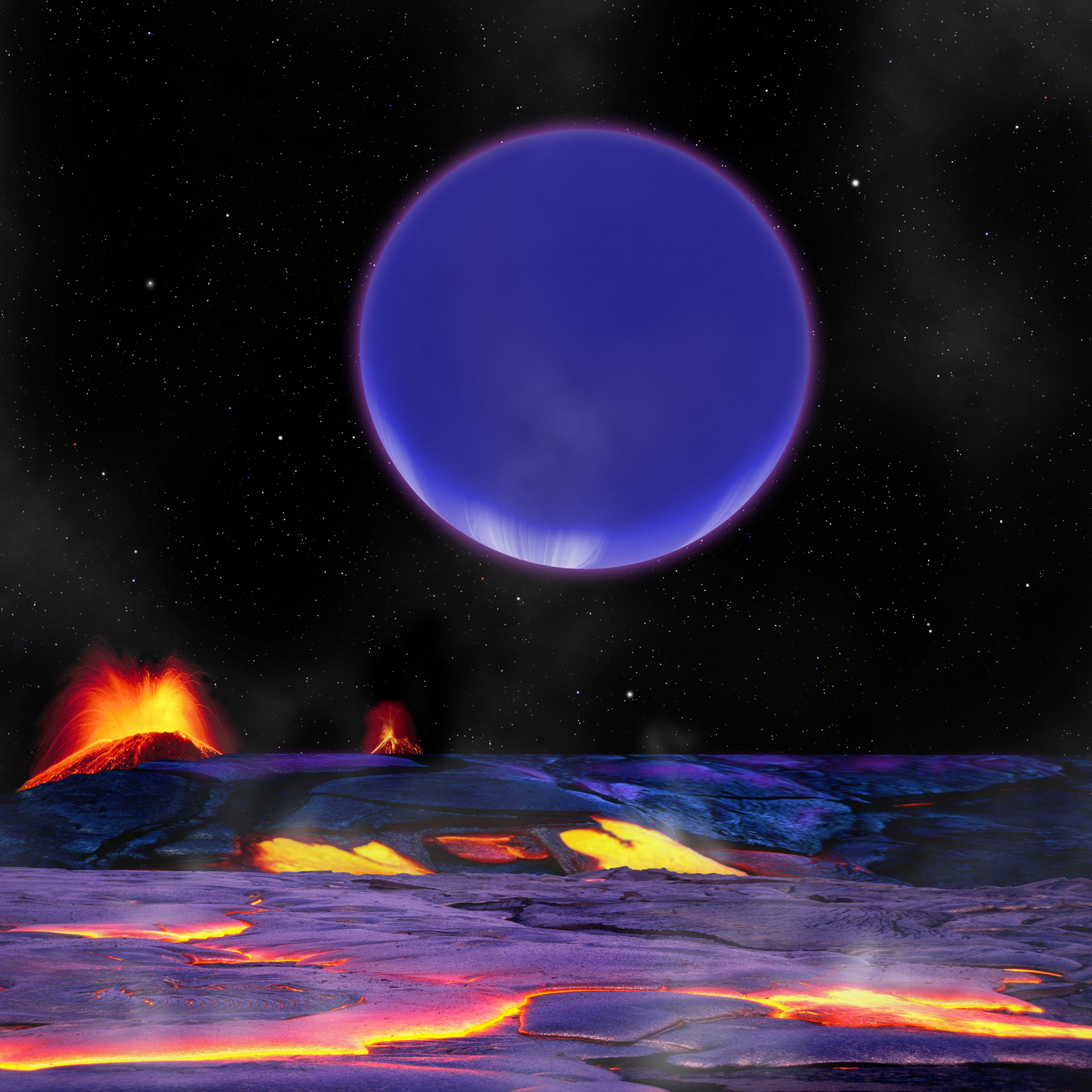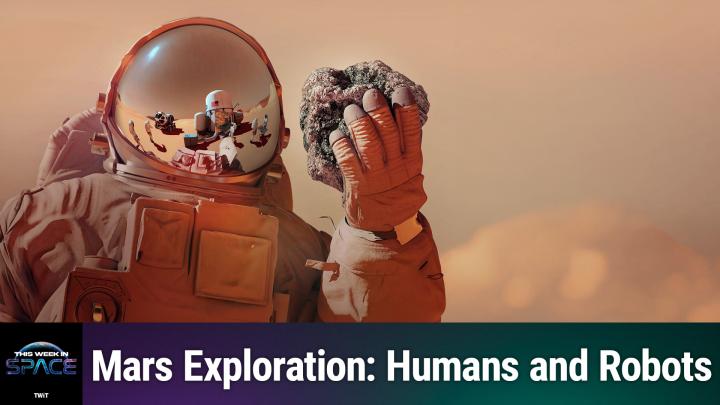Opuntia or Ogmios? New Exoplanet Names To Be Announced Next Week

Breaking space news, the latest updates on rocket launches, skywatching events and more!
You are now subscribed
Your newsletter sign-up was successful
Want to add more newsletters?
HONOLULU — The votes are in! Thirty-two exoplanets will get new names that were chosen in an open vote by the general public. The naming announcement will come next Tuesday (Aug. 11) at an international meeting of astronomers.
The "Name the Exoworlds" campaign, created by the International Astronomical Union (IAU), gave the public the opportunity to vote on new names for stars and planets in 20 exoplanet systems. The results of the campaign will be announced on Aug. 11 at the IAU's 29th General Assembly meeting here in Honolulu, Hawaii.
"This is another attempt by the union to engage the public in the activities of the union," said Piero Benvenuti, IAU's assistant general secretary, in a media briefing on Monday (Aug. 3). [The Strangest Alien Planets]
When planets and stars are discovered, they are automatically given names that are often very technical-sounding, such as the star HD 149026 and its planet HD 149026b (which will both be given new names on Aug. 11). The contest will give "common" names to 32 exoplanets and 15 of those planets' 20 host stars. (Five of the host stars already have common names.) Proposed names for HD 149026 include Jiyaiantobaba, Opuntia and Ogmios. The complete list of systems and proposed names can be found here.
Members of the astronomy community can also submit proposals to the IAU to rename stars, planets and other space objects, but this is rarely practical because there are so many objects.
In an effort to get the public excited about astronomy, the IAU decided to get people involved in naming some of the most interesting exoplanet systems ever discovered. The 20 exoplanet systems selected for the contest were all discovered before 2008, and have been studied extensively (this ensures that scientists have confirmed that these objects are, in fact, exoplanets).
Organizations and clubs were invited to submit proposals for new names, which were then listed online in ballot form. The general public was then invited to vote for their favorite monikers.
Breaking space news, the latest updates on rocket launches, skywatching events and more!
The IAU is an international organization of astronomers and space scientists, with over 10,000 members worldwide. The IAU has authority to officially name objects in the universe. So, for example, the IAU will have to ratify the "unofficial" names that have been given to the newly discovered features on Pluto's surface by the scientists working on NASA's New Horizons mission. A representative of the IAU said the group is eagerly awaiting naming proposals from the New Horizons team.
It was also the IAU that decided on an official definition of a planet, and demoted Pluto to dwarf-planet status in 2006.
The IAU will announce the new planet and star names at a press conference on Aug. 11. Stay tuned to Space.com to hear the winning names.
Follow Calla Cofield @callacofield. Follow us @Spacedotcom, Facebook and Google+. Original article on Space.com.

Calla Cofield joined Space.com's crew in October 2014. She enjoys writing about black holes, exploding stars, ripples in space-time, science in comic books, and all the mysteries of the cosmos. Prior to joining Space.com Calla worked as a freelance writer, with her work appearing in APS News, Symmetry magazine, Scientific American, Nature News, Physics World, and others. From 2010 to 2014 she was a producer for The Physics Central Podcast. Previously, Calla worked at the American Museum of Natural History in New York City (hands down the best office building ever) and SLAC National Accelerator Laboratory in California. Calla studied physics at the University of Massachusetts, Amherst and is originally from Sandy, Utah. In 2018, Calla left Space.com to join NASA's Jet Propulsion Laboratory media team where she oversees astronomy, physics, exoplanets and the Cold Atom Lab mission. She has been underground at three of the largest particle accelerators in the world and would really like to know what the heck dark matter is. Contact Calla via: E-Mail – Twitter

